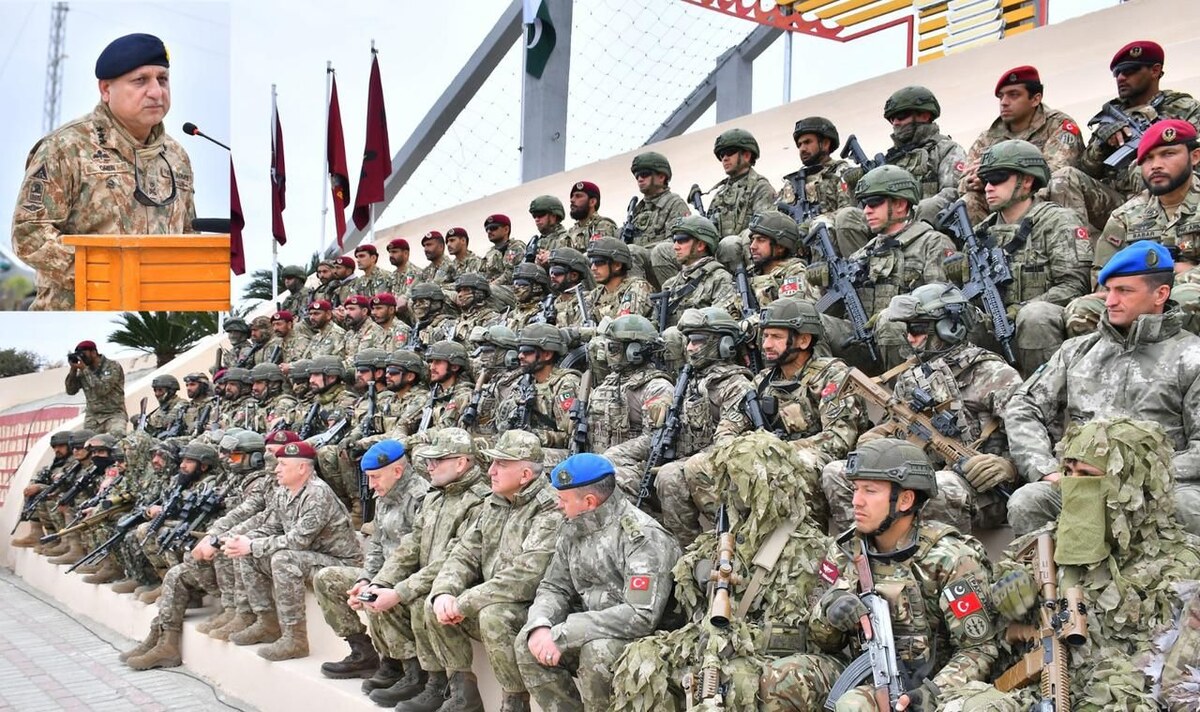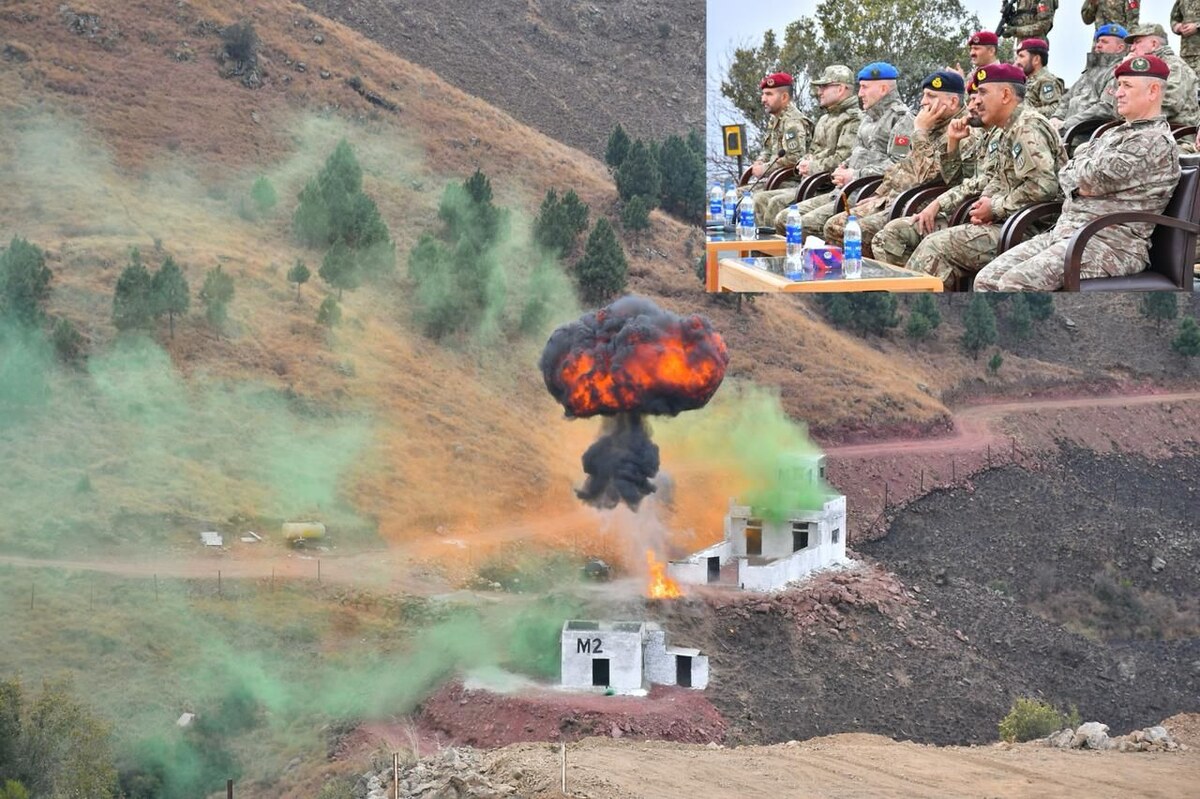ISLAMABAD: Federal Minister for Information and Broadcasting Attaullah Tarar applauded Arab News for its positive social impact in Pakistan on Thursday, emphasizing the need for increased collaboration between local and international news outlets while addressing the Saudi Media Forum in Riyadh.
The minister arrived in the Kingdom a day earlier to attend the gathering, which brings together over 200 leading media professionals, innovators and thought leaders from around the world. During his visit, he met with his Saudi counterpart, Salman Al-Dossary, and both agreed to form a joint committee to produce songs, films and documentaries.
In his remarks at the forum, Tarar highlighted his government’s focus on developing a “vibrant media which has all aspects covered as far as the digital domain is concerned,” adding that the goal would only be achievable through enhanced collaboration between foreign and local outlets.
“I think it’s collaborations and cooperation which make the world go round,” he said. “Living in one country and not being able to communicate or collaborate would just bring things to a grinding halt because eventually your market begins to saturate.”
“So there’s always room for growth,” he continued. “There’s always room for development. And there’s always room for improvement.”

In this handout photo, taken and released by the Saudi Media Forum, Pakistan Information Minister Ataullah Tarar (right) gestures during a panel discussion on the first day of the Saudi Media Forum in Riyadh on February 19, 2025. (Photo courtesy: Facebook/SMF)
When the moderator mentioned the Saudi Research and Media Group (SRMG), the parent company of Arab News, Tarar acknowledged its “positive impact” on Pakistani society.
“With regard to SRMG, we have Urdu News, we have Arab News [and] we have Independent Urdu, which are doing a great job,” he said. “And [this is] not only [as] digital platforms, but overall, they have a very positive impact on our society with regard to raising awareness on social issues, with regard to bringing news to the people.”
The minister further emphasized the need for improved collaborations, saying, “I believe collaborations need to be improved further because you see the local media needs skill development, the local media needs more growth.”
Tarar noted that Pakistan has tremendous potential, but the local media requires capacity enhancement through greater collaborations with foreign news outlets.
“I believe that hand holding can bring a paradigm change in the local media organizations,” he added.
Pakistan and Saudi Arabia are close regional partners and economic allies. In October last year, both countries signed 34 agreements worth $2.8 billion.
Pakistani dramas and films have also been dubbed and broadcast in Saudi Arabia, including classics like “Dhoop Kinare” and the highly popular TV production “Humsafar.”




















